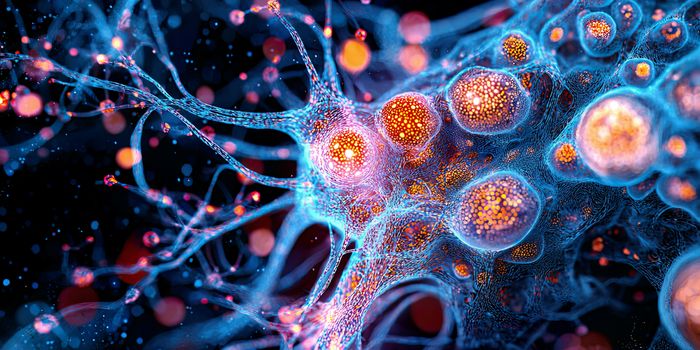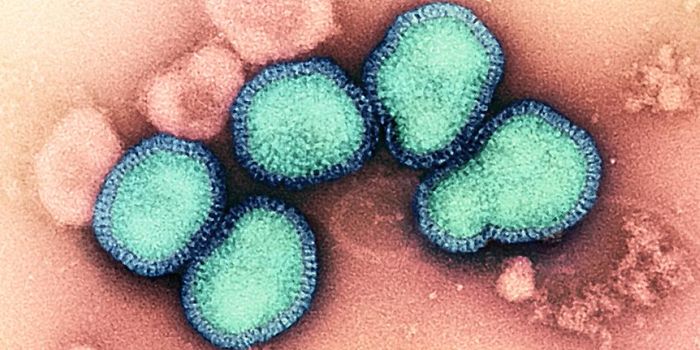Some Gut Microbiome 'Signatures' Are Linked to Healthy Aging
The gut microbiome is now known to play a crucial role in our health and well-being. And scientists are starting to learn more about how specific strains of microbes that call the human gut home, or characteristics in the gut's microbial community are related to symptoms of disease or signs of health. Researchers have now found that there are unique gut microbiome 'signatures' that may indicate whether people are likely to age in a healthy or unhealthy way. These microbiome signatures could be predictive of survival in groups of older individuals. These findings have been reported in Nature Metabolism.
In this study, the researchers investigated clinical health data and information about the gut microbiomes for 9,000 people that were between 18 and 101 years old in three different cohorts. One, in particular, included 900 community-living older people (aged 78 to 98) whose health and survival outcomes were tracked closely.
The work revealed that the gut microbiome becomes more specific to an individual or increasingly unique as a person gets older, a shift that begins in mid-to-late adulthood - if that person is aging in a healthy way. Around this same time of life, the study suggested that there is also a steady decline in the level of certain core bacteria that are part of the human gut microbiome, like Bacteroides, which tend to be carried by most people.
As the microbiomes got more distinctive in each person during the normal, healthy aging process, these microbial communities were also performing similar, common metabolic functions. The gut microbiomes had unique signatures that were also highly correlated with metabolites that are generated by bacteria, which can be found in blood plasma, like tryptophan-derived indole. It's also been suggested that indoles lengthen healthspan. Another metabolite called phenylacetylglutamine had the strongest link to gut signature uniqueness, and other research has indicated that this molecule is found at high levels in centenarians' blood.
"This uniqueness signature can predict patient survival in the latest decades of life," suggested study leader and Institute for Systems Biology (ISB) Research Scientist Dr. Tomasz Wilmanski. The microbiomes of people who were about 80 years old and healthy continued moving toward a unique state, but those who were less healthy did not have that tendency.
"Interestingly, this uniqueness pattern appears to start in mid-life - 40 to 50 years old - and is associated with a clear blood metabolomic signature, suggesting that these microbiome changes may not simply be diagnostic of healthy aging, but that they may also contribute directly to health as we age," Wilmanski said.
"Prior results in microbiome-aging research appear inconsistent, with some reports showing a decline in core gut genera in centenarian populations, while others show relative stability of the microbiome up until the onset of aging-related declines in health," said microbiome specialist and co-corresponding study author Dr. Sean Gibbons. "Our work, which is the first to incorporate a detailed analysis of health and survival, may resolve these inconsistencies. Specifically, we show two distinct aging trajectories: 1) a decline in core microbes and an accompanying rise in uniqueness in healthier individuals, consistent with prior results in community-dwelling centenarians, and 2) the maintenance of core microbes in less healthy individuals."
More work will be needed to confirm that the maintenance of a healthy microbiome that becomes more diverse with age can cause a person to age in a more healthy way.
"This is exciting work that we think will have major clinical implications for monitoring and modifying gut microbiome health throughout a person's life," said co-corresponding study author and ISB Professor Dr. Nathan Price.
Sources: Science Daily via Institute for Systems Biology, Nature Metabolism









